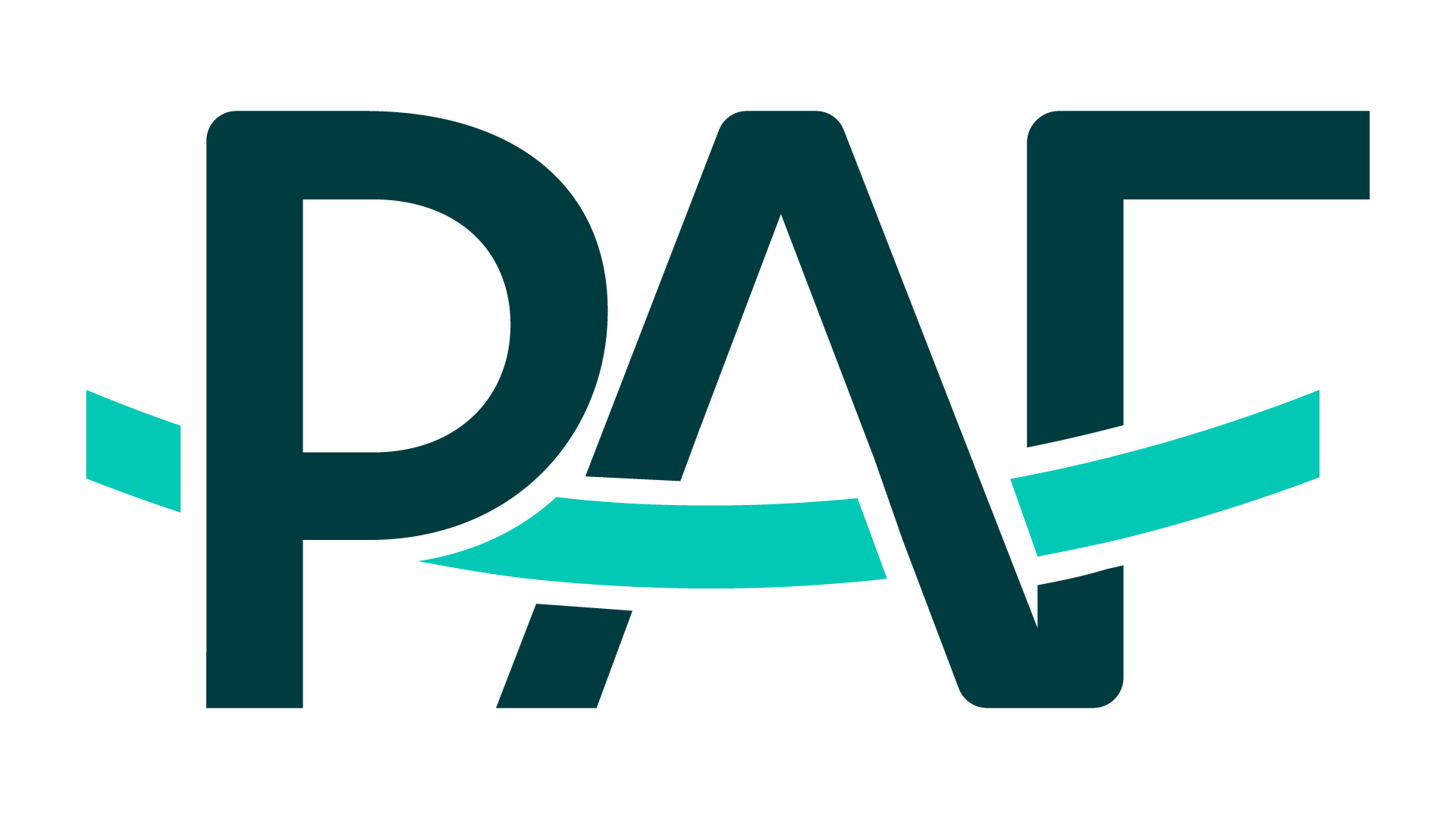DEI in Action: Building a Movement Through PA Mobilization
Andrea Lowe, MBA, MHA, PA-C
July 26, 2022

AAPA and the PA Foundation are strengthening partnership initiatives that further their efforts to mobilize the PA profession. We like to refer to this as “building a movement,” and in pursuit of this goal, both organizations are focusing on weaving diversity, equity, and inclusion (DEI) and health equity into programmatic strategies, education, and mobilization of PAs and PA students. Over the last two years we have dedicated significant time and attention to ensuring the DEI foundation being built is not only sustainable, but also purposeful. AAPA and the PA Foundation have grounded themselves and applied DEI and health equity in their day-to-day operations.
Some of the work accomplished to date includes identifying our first DEI Program Partner, Vituity, a healthcare staffing company whose corporate goals are aligned with AAPA’s efforts to mobilize PAs to help close health equity gaps. As part of this partnership, AAPA recently held a DEI networking event sponsored by Vituity.
The National Minority Health Alliance (NMHA) is also partnering with AAPA and the PA Foundation. NMHA focuses on closing health equity gaps in the areas of cardiovascular disease, cancer, and diabetes. As a member of the steering committee for this organization, representing AAPA, I’m pleased to report that participants are eager to have PAs at the table as they develop strategies to address inequities in areas such as social determinants of health, access to care, and health literacy.
Along with the PA Foundation, I participate in CMS Office of Minority Health roundtable discussions. These discussions ensure PAs are recognized and have a seat at the table as CMS rolls out their programs and efforts addressing social determinants of health and health equity.
AAPA and the PA Foundation are also supporting the relaunch of Project Access, a longstanding program led by AAPA and PAEA. For those not familiar, Project Access engages and equips PAs and PA students to visit middle and high schools and talk to underrepresented minority (URM) students about the PA profession. It aims to plant an early seed about the PA profession as a career choice and create pipelines to further diversify the PA profession. The PAEA Project Access Toolkit is a wonderful resource, and AAPA and the Foundation are encouraging PAs to get involved. To help support these efforts, we are launching a “23 in 23 by 23” campaign. The goal is to hold at least 23 Project Access events in 23 states by the 2023 AAPA Conference. Be watching for a QR code linked to a short survey designed to capture the events and number of students we touch through these efforts throughout the year. Go to the Project Access tab on AAPA’s DEI Resource Center for more information (coming soon).
The PA Foundation is also committed to the strategic imperative of developing community and public health initiatives addressing health inequities. It supports PAs and PA students to engage in these initiatives as well as reach their full potential as the competent, compassionate providers PAs are known to be. The Foundation offers some awesome programs through opportunities like the IMPACT Grant program, Nutrition Outreach Fellowship, and much more. In addition, the Foundation, in partnership with AAPA and PAEA, has partnered with the NIH’s All of Us Research Program, which is committed to building a diverse health database to accelerate research and improve health outcomes, especially for populations that have been historically underrepresented in medical research. This partnership provides access to many resources to help PAs advance precision medicine research as a means to address social determinants of health and improve individualized care. In addition, the program raises awareness of the importance of minimizing disparities to foster health equity among all communities. Programs and partnerships such as this are aligned with the profession’s efforts to encourage health equity in practice.
I am honored and excited to be a part of AAPA and the PA Foundation’s creation of the current and future health equity and DEI strategic roadmap to include more partnerships, programs, and policies to elevate PA students and PAs as leaders in this space. We still have a tremendous amount of work to do. We will continue to learn, educate, and blaze the trail to decrease health inequities. Finally, both organizations will continue to seek partnerships, create programs, and provide educational resources to support efforts to diversify the profession.

